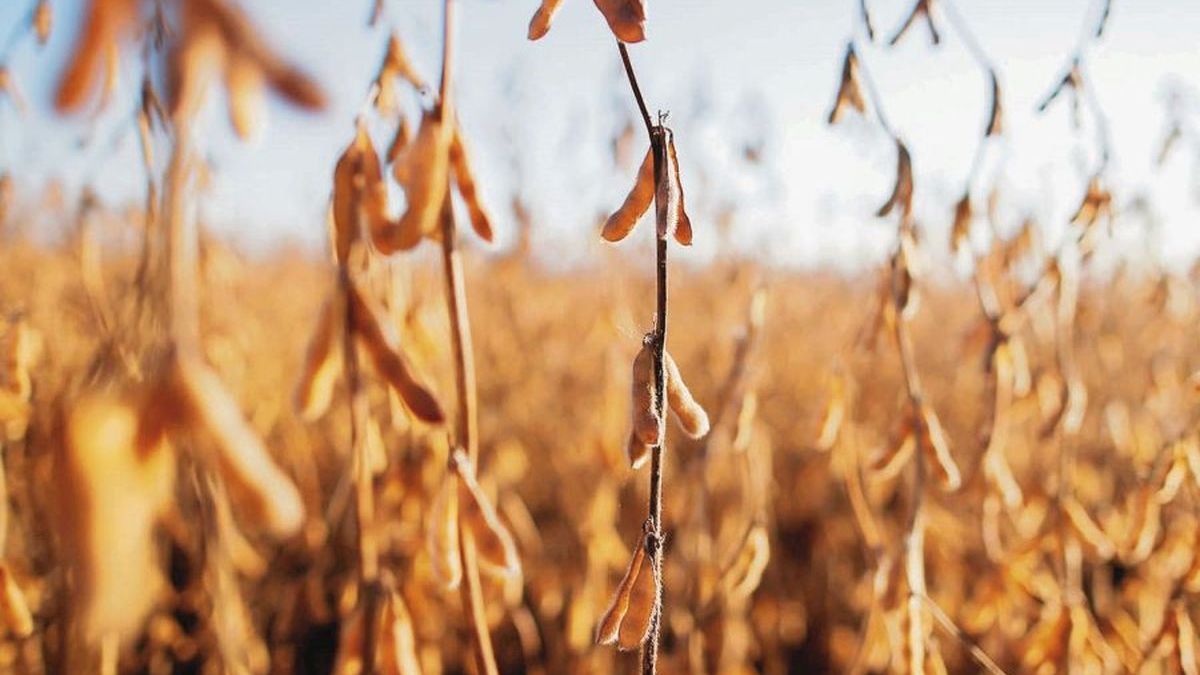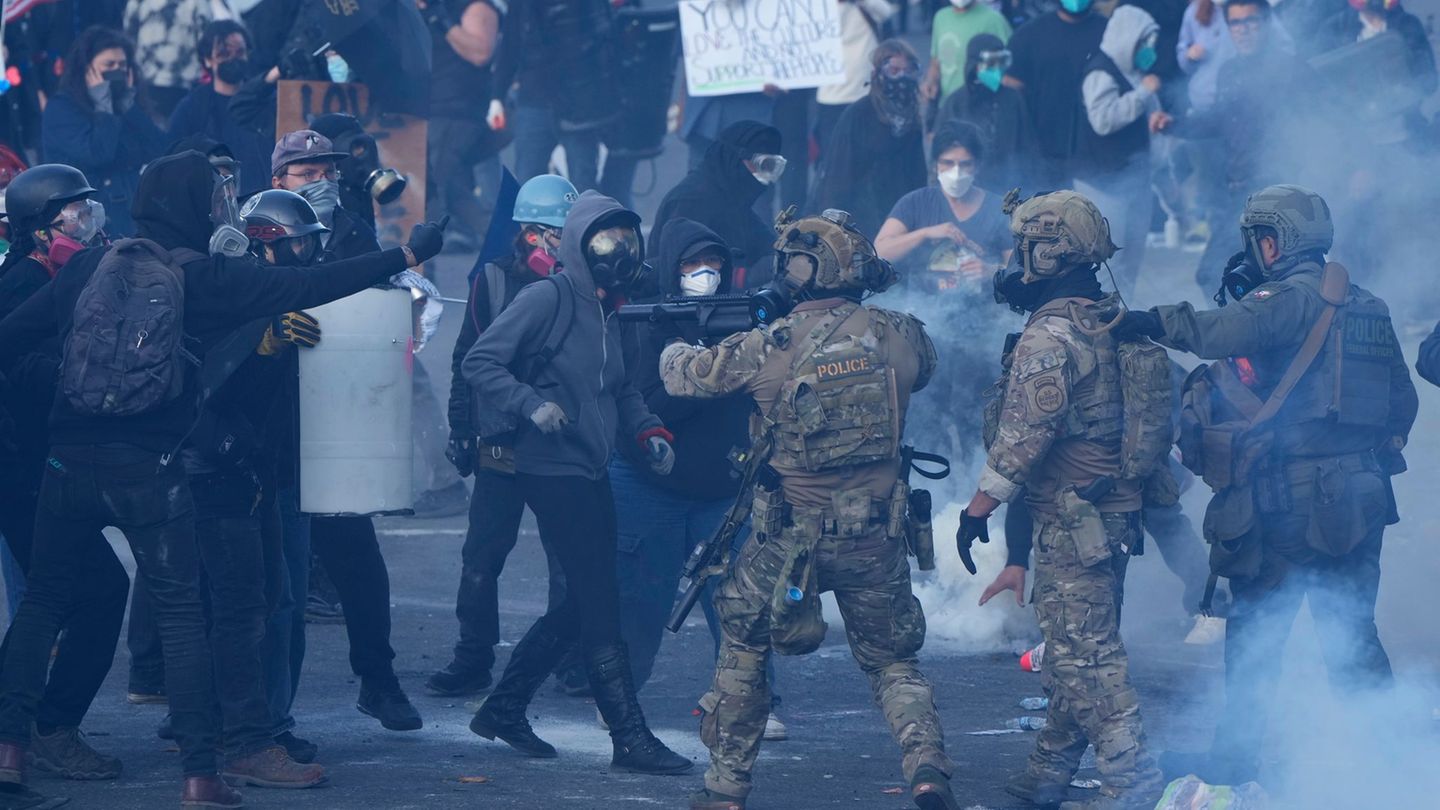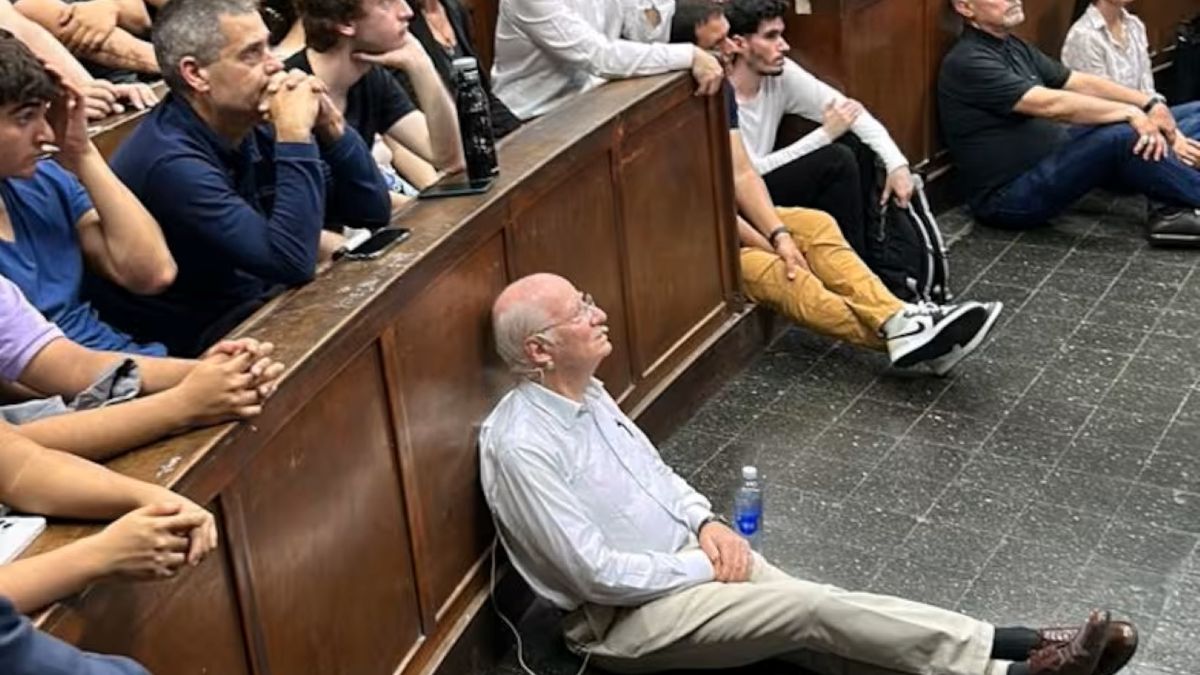In relation to obtaining the use license, Damian Torino, from Nidera Seeds, explained that the producer, through self-management, or authorized trade, can enter www.sembraevolucion.com.ary request the use license for the variety brand that was going to be planted. “With a simple entry of the company data and subsequent signature, the license is issued. This is granted by each nursery for the varieties it markets under Sembrá Evolución, whether they are Enlist, or glyphosate-tolerant, or conventional. For example: for all the Enlist varieties, Nidera will have a license that includes all the Enlist varieties that we commercialize; then another license for glyphosate-resistant soybean varieties and wheat. If a producer sows varieties from different nurseries, he must sign the license with each of them. It is spread one time,” he said.
The model is based on the concept of “technological hectares” (HT), which give the producer credits to deliver the harvest to the port, which can be three tons of soy per hectare purchased through the program. There is also the option of pre-certification of hectares that releases the tonnage delivered to the port.
The value of the HT of the varieties includes the payment of all the developments for planting one hectare of said variety. Meanwhile, another key piece of information is that each nursery will publish the value of newly produced HT on its own website each year. This will be prior to the campaign, so that each producer has predictability about the cost of production.
As a starting point, Enlist soybean varieties, new soybean varieties resistant to glyphosate, wheat, and the intention is to incorporate other crops such as peanuts, chickpeas, peas and other legumes in the short term.
In the seed industry they emphasize that it is essential that there is a greater use of certified seeds in Argentina because in this way it is a direct incentive to multinationals to continue providing new technologies adapted to local soils and expand the productivity and quality of grains. without the need to add hectares.
Specifically, there were several multinational companies that in recent years stopped investing in the country as a result of the null progress of a regulatory framework that guarantees direct controls on the technologies that producers have access to.. This new system proposes, then, to directly approach farmers who want to pay for the technology, who can do so in a simple way and who, in turn, receive direct incentives from the companies and better prices for the materials.
Source: Ambito
David William is a talented author who has made a name for himself in the world of writing. He is a professional author who writes on a wide range of topics, from general interest to opinion news. David is currently working as a writer at 24 hours worlds where he brings his unique perspective and in-depth research to his articles, making them both informative and engaging.




